Join Mukunda as he speaks with pre-eminent scholars of the Dharma Shastras: Dr. Patrick Olivelle and Dr. Donald Davis. Dr. Olivelle is a world-renowned scholar and has translated many works including the Upanishads, Dharma Sutras, Arthashastra, and Shastras. He has also written scholarly books on Grihasta, the Ashramas, Ashoka, Buddhism, and dozens more. Dr. Davis is an expert on the Dharma Shastras and Hindu jurisprudence. He has authored many books on the History of Hindu Law, The Spirit of Hindu Law, Commercial Law in Medieval India, and many other works. Dr. Olivelle and Dr. Davis teach at the University of Texas at Austin. In this episode, we discuss a host of topics including:
00:01:10 Brief Introduction and Journeys of Dr. Olivelle and Dr. Davis to the study of Hinduism and in particular the Dharma Shastra traditions
00:13:50 What is Dharma? What does it mean generally and what does it mean in the specific context of the Dharma Shastras?
00:28:40 What is the history of the Dharma Shastras? Dharma Sutras, Dharma Smritis, Vrittis or Commentaries, and finally the digests or Nibandhas. What are the relationships between the various shastras?
00:43:13 Were the Dharma Shastras oral or written tradition or both?
00:46:30 What the Pramanas of Dharma Shastras? How can we know Dharma? Discussion on Shruti, Shila, Acara, and Atmatushti.
00:57:05 Did the Dharma Shastras reflect the real world (descriptive) or were they a normative vision of society (prescriptive) or somewhat of both? Conversation on the Varna Ashrama system and its reality in actual society.
01:13:05 What is Raja Dharma? How did it work in Indian society? What were corporate groups and what were their relationships with the state?
01:25:40 Discussion of Hindu jurisprudence, case law, and legal framework.
01:36:40 Commercial or Business law principles within the Dharma Shastras specifically the vital importance of social relationships and social good
01:40:40 Dr. Olivelle’s new work on Grihasta, the householder in relationship to the mendicant or ascetic (pravrajeta)
01:47:10 Brief Discussion of Louis Dumont’s theory of man in the world vs. the renounce
01:50:00 Concluding Thoughts
You can find both Dr. Patrick Olivelle and Dr. Donald Davis and their works at:
https://liberalarts.utexas.edu/asianstudies/faculty/olivelle
https://liberalarts.utexas.edu/asianstudies/faculty/drdj
Meru Media
th**********@***il.com
Twitter: @themerumedia @raghman36https://www.facebook.com/themerumedia
https://podcasts.apple.com/us/podcast/meru-media/id1393232694
https://www.stitcher.com/show/meru-podcast
https://podcasts.google.com/feed/aHR0cHM6Ly9tZXJ1Lm1lZGlhL2ZlZWQvcG9kY2FzdA
https://open.spotify.com/show/49h9eI2HoYQ9D8zhv6QdLy
Subscribe to get new content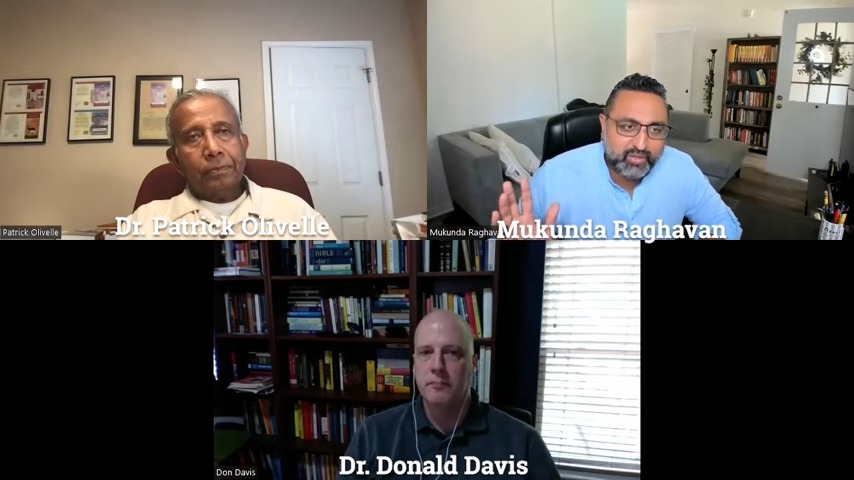
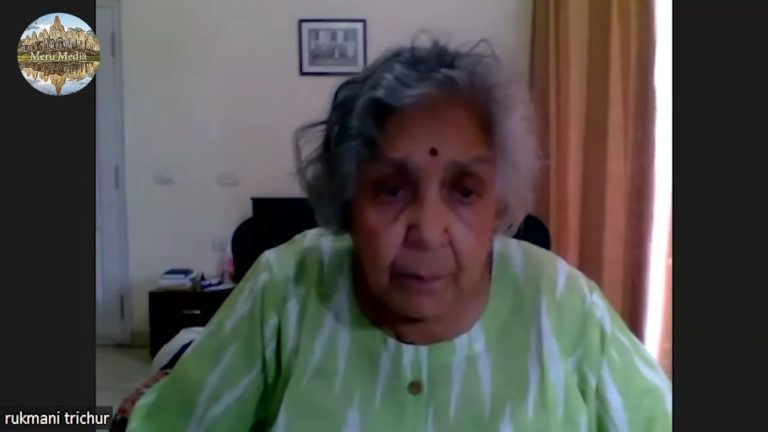
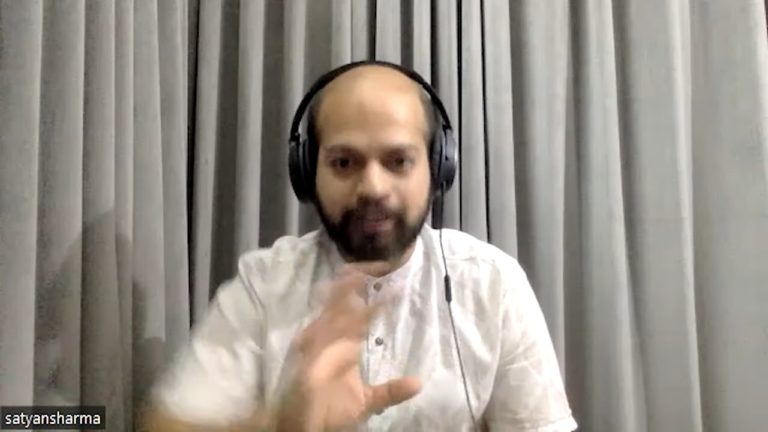
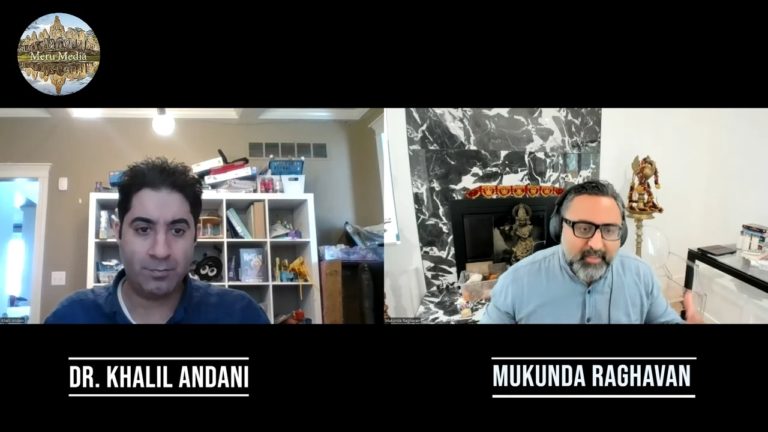
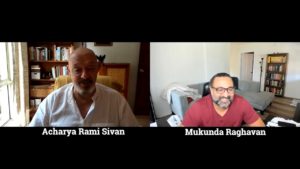
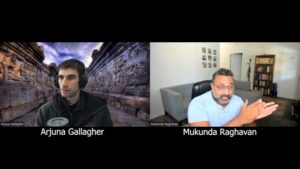
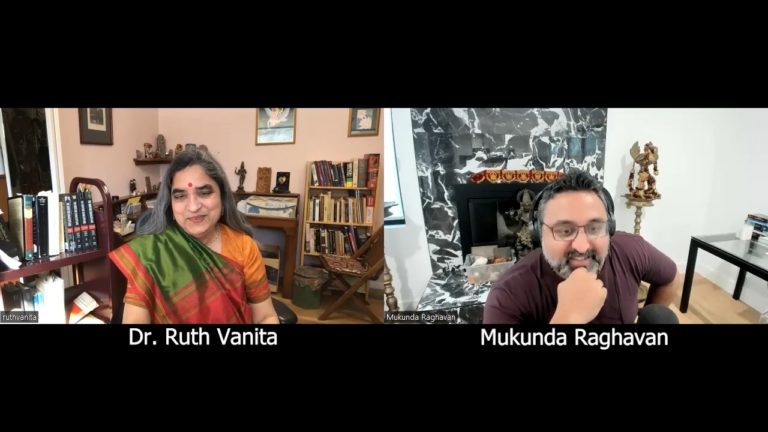
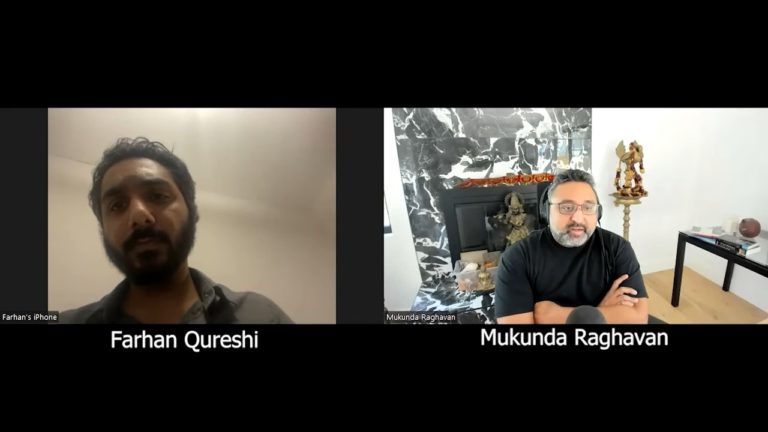
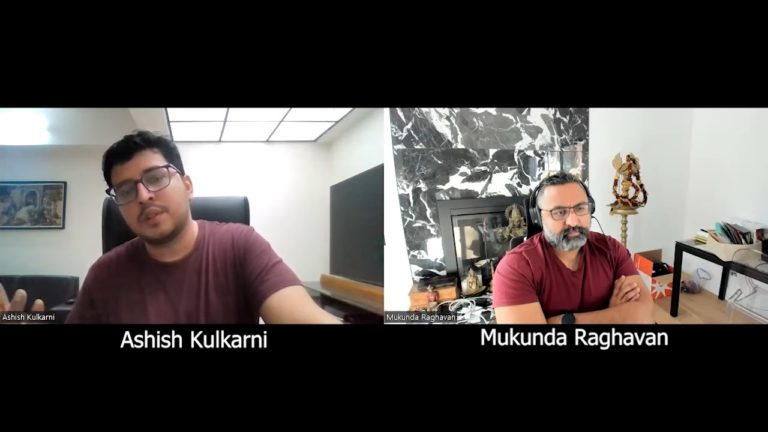
+ There are no comments
Add yours